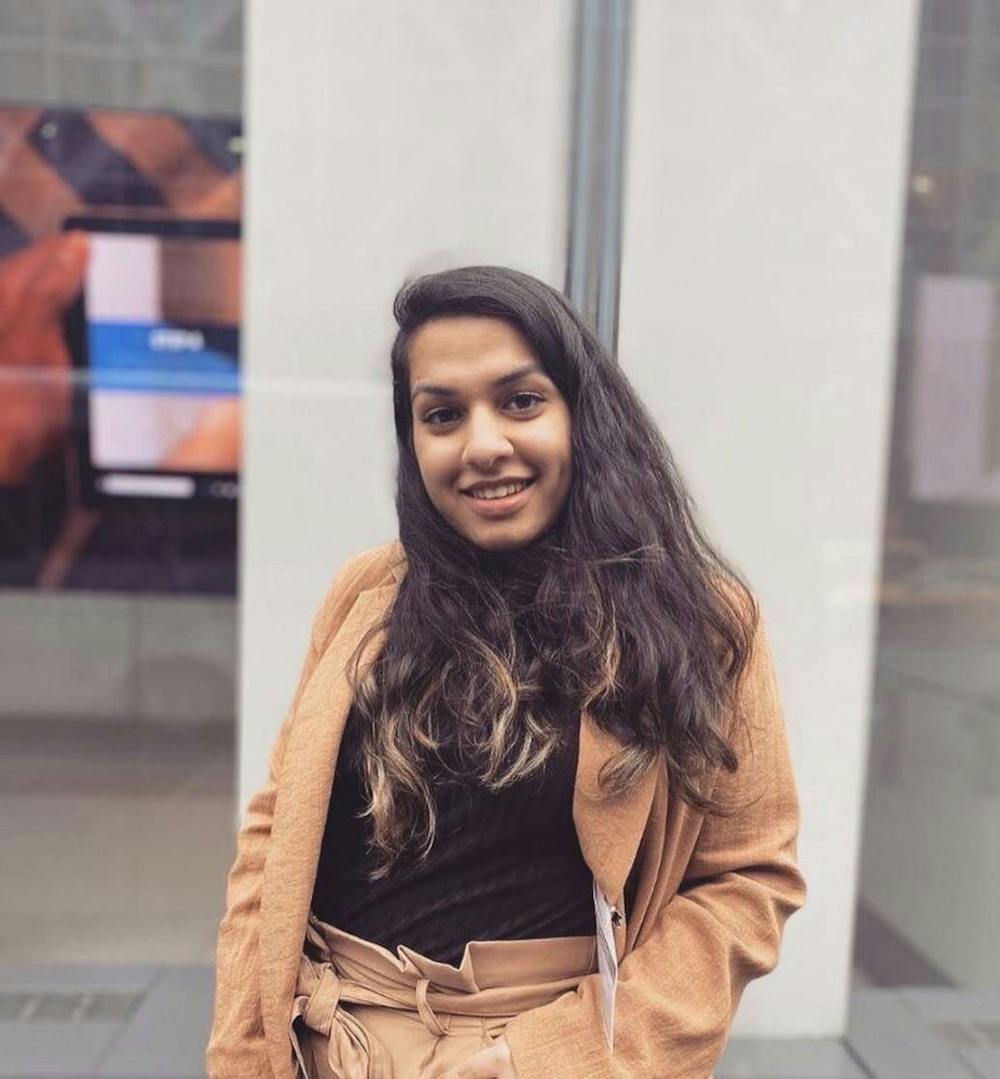Seton Hall economics majors and faculty gave insight into what made them choose this course of study, what pursuing the major entails and how it will help them post-graduation.
Ishani Sachdeva, a senior economics major, said she chose to declare Economics as her major because it is a combination of business, psychology and philosophy.
Anca Cotet-Grecu, associate professor of economics and legal studies, said the economics curriculum “builds [an] understanding of individuals and businesses and how the aggregation of all those decisions explains an economy's performance.”
Cotet-Grecu also explained certain skills in the economic programs that are able to contribute to student success, such as critical thinking skills that are necessary in decision making, understanding people's behavior and understanding how decisions are made -- all of which allow economists to predict behaviors by analyzing a particular environment.
Seton Hall also offers a variety of internships and study abroad programs to economics students. Sachdeva is one of the students that took advantage of these opportunities in summer 2019 in New Delhi, India.
“I had interned as a research intern at The Energy at Resources Institute,” Sachdeva said.
Sachdeva explained that her role was primarily to research and to “have an impact on the integration of United Nations sustainability goals on Indian higher education, and how it affects the Indian work and labor force within the global economy.”
When deciding about her future plans after graduation, Grace Galuppo, a senior economics and entrepreneurship major, said she emphasizes the importance of her being a double major in both economics and entrepreneurship.
"I would like to work in the insurance business or banking," Galuppo said.
Cotet-Grecu also shared about the economics curriculum, saying she expects to teach “both levels of Microeconomics and Industrial Organization” next semester. In previous years, she said she had also taught Health Economics and Public Economics, but explained that each class she teaches is determined by what the majority of students would like to take, which causes the classes she teaches each semester to vary.
Cotet-Grecu said students have a variety of economics to choose from, as they are given the choice to focus on labor, sports, government, business or the overall stock market.
Galuppo said she is currently taking the Labor Economics course. For her electives, she said she took Sport Finance and Theory of Economic Growth.
The curriculum has program requirements that include taking Intermediate Microeconomic Analysis, Intermediate Macroeconomic Analysis and History of Economic Thought, among others.
Ahmed Ibrahim can be reached at ahmed.ibrahim@student.shu.edu.





